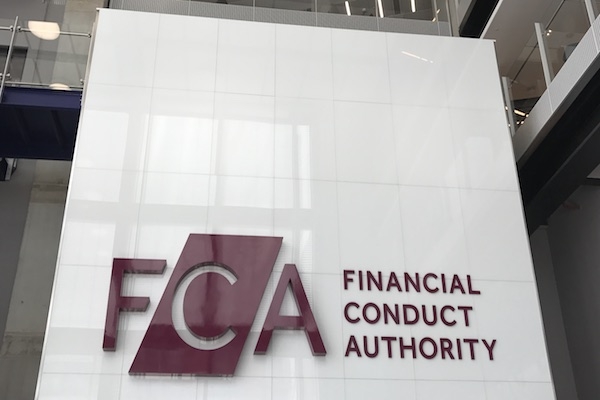The Financial Conduct Authority (FCA) has formed a working group to develop a code of conduct for ESG data and ratings providers.
The independent group formed by the regulator will be co-chaired by M&G, Moody’s, the London Stock Exchange and Slaughter and May.
Other members of the group will include investors, ESG data and ratings providers, and rated entities.
The Bank of England and other financial regulators and Government departments will also sit as ‘active observers’ to the working group.
The group will meet for the first time before the end of the year.
Currently ESG data and ratings providers fall outside of the FCA’s remit.
However, the FCA has already called for an extension of its powers to include regulatory oversight of ESG data and ratings providers in order to support greater transparency and trust in the market for these services.
The regulator said that if the Treasury extends its perimeter to include ESG data and ratings providers, it is committed to taking the necessary steps to develop and consult on a proportionate and effective regulatory regime, with a focus on outcomes in areas highlighted in the International Organization of Securities Commissions’ (IOSCO) recommendations. These include transparency, good governance, management of conflicts of interest, and systems and controls.
The FCA said that industry-led solutions will help support the aims of the its ESG strategy, by helping to promote more rapid development of best practice.
While the Government considers extending the FCA’s perimeter, the FCA’s new working group will work to develop and follow a voluntary Code of Conduct.
The Code will seek to be internationally consistent, by taking into account not only IOSCO’s recommendations but also developments in jurisdictions such as Japan and the EU. This will help encourage the development of consistent global standards.
The regulator added that the Code could also continue to apply for ESG data and ratings providers that fall outside the scope of potential future regulation.

